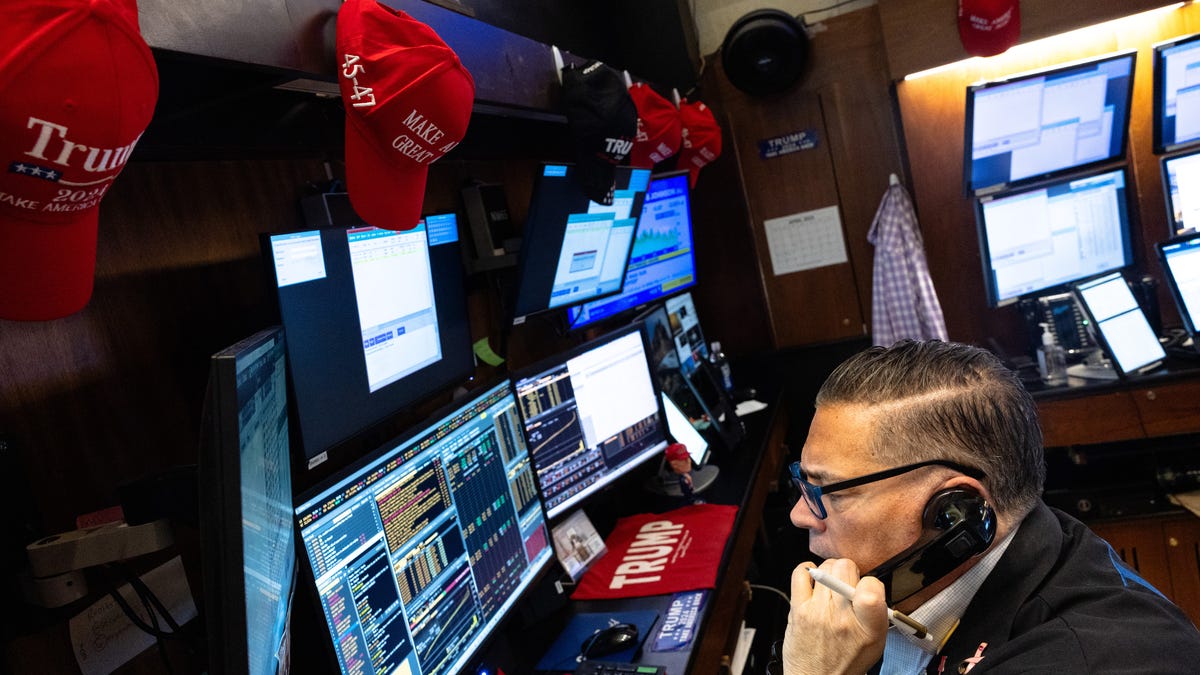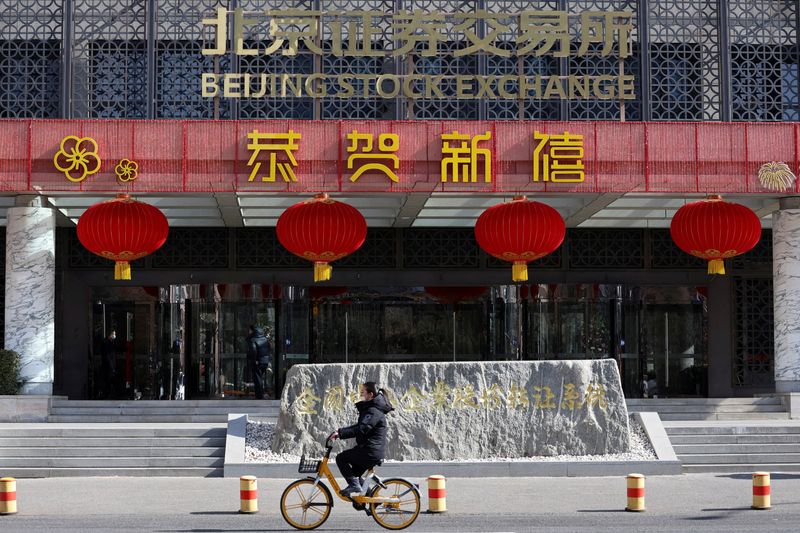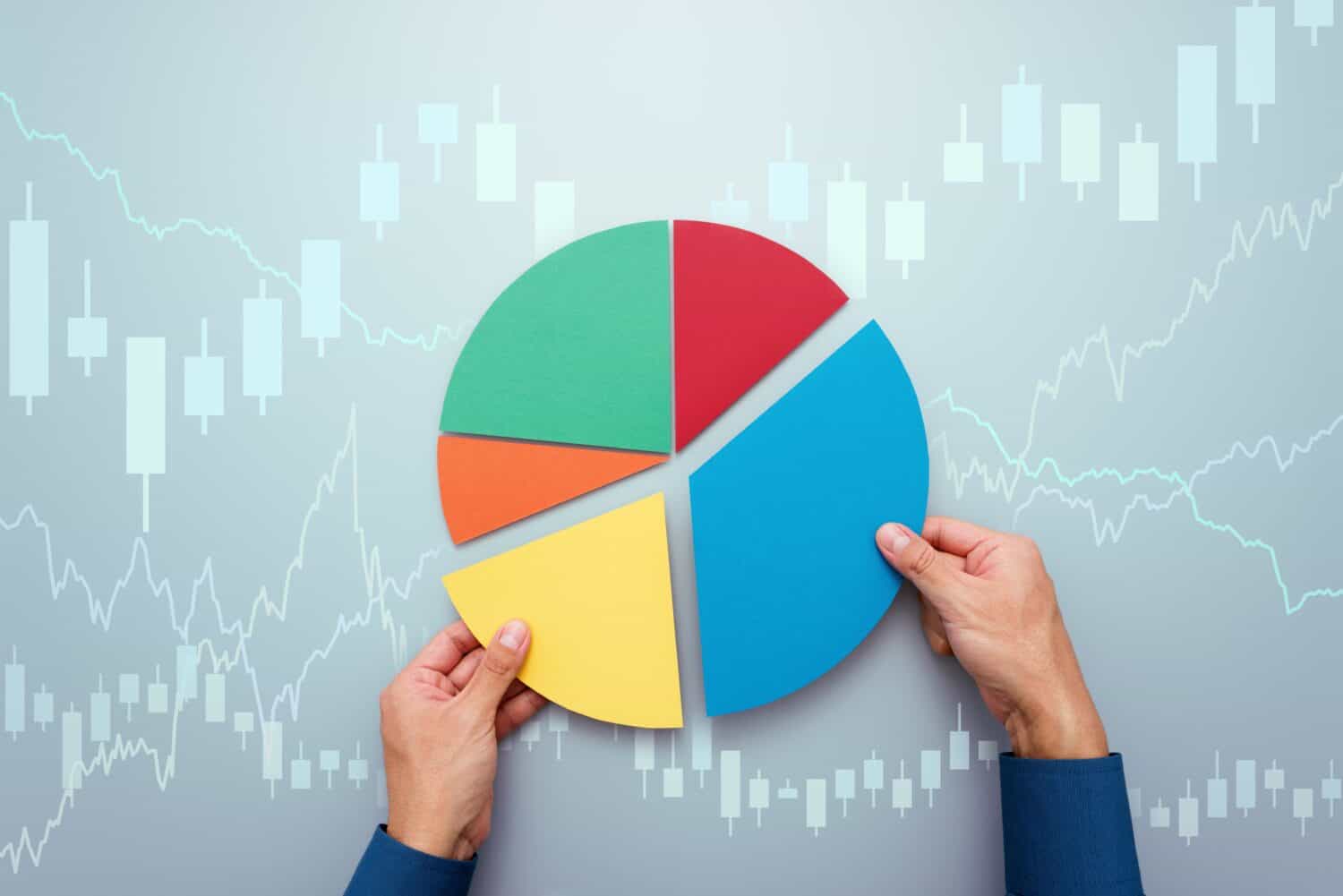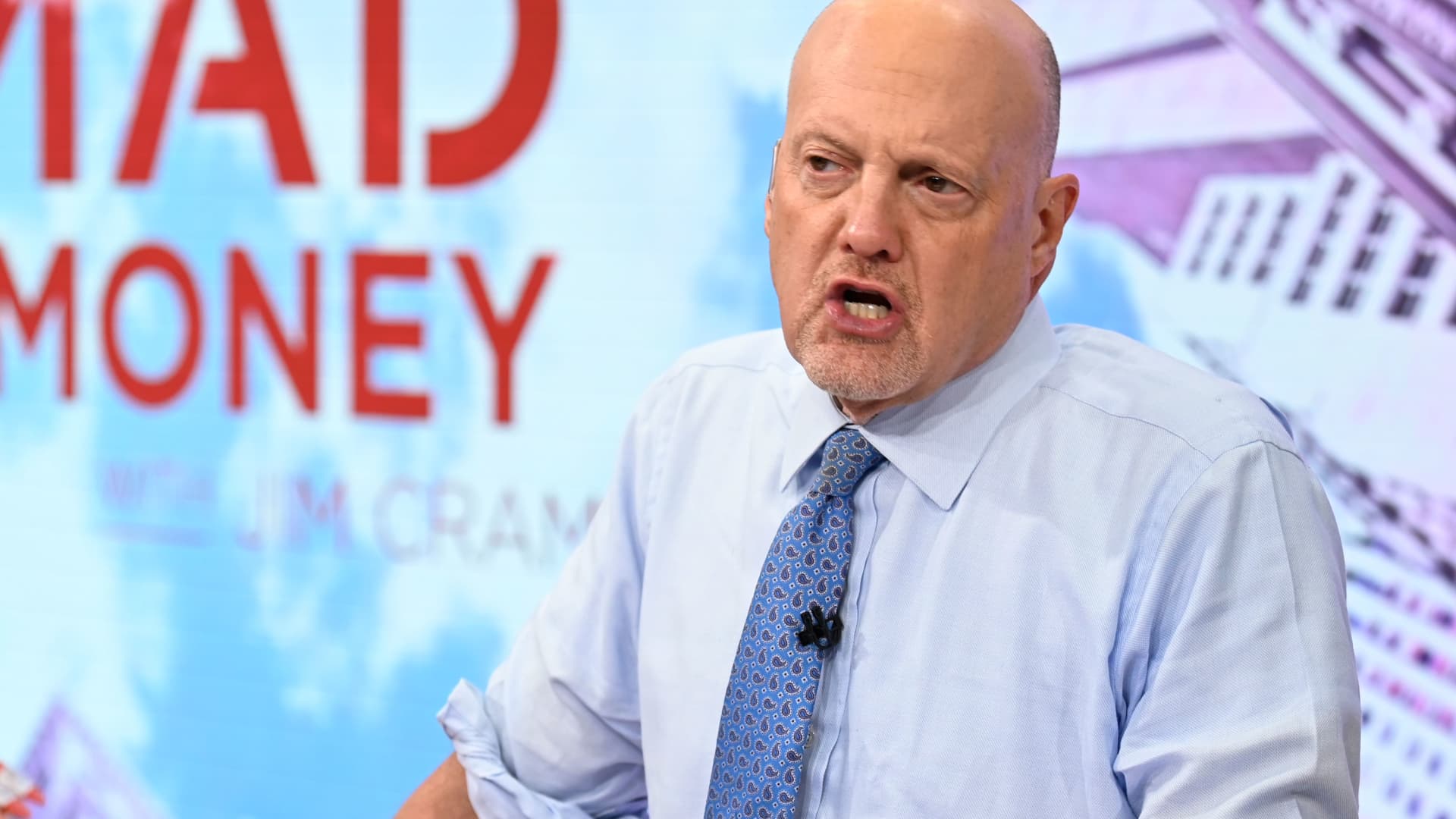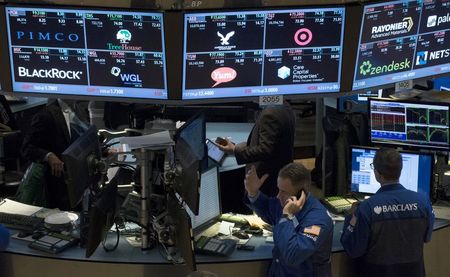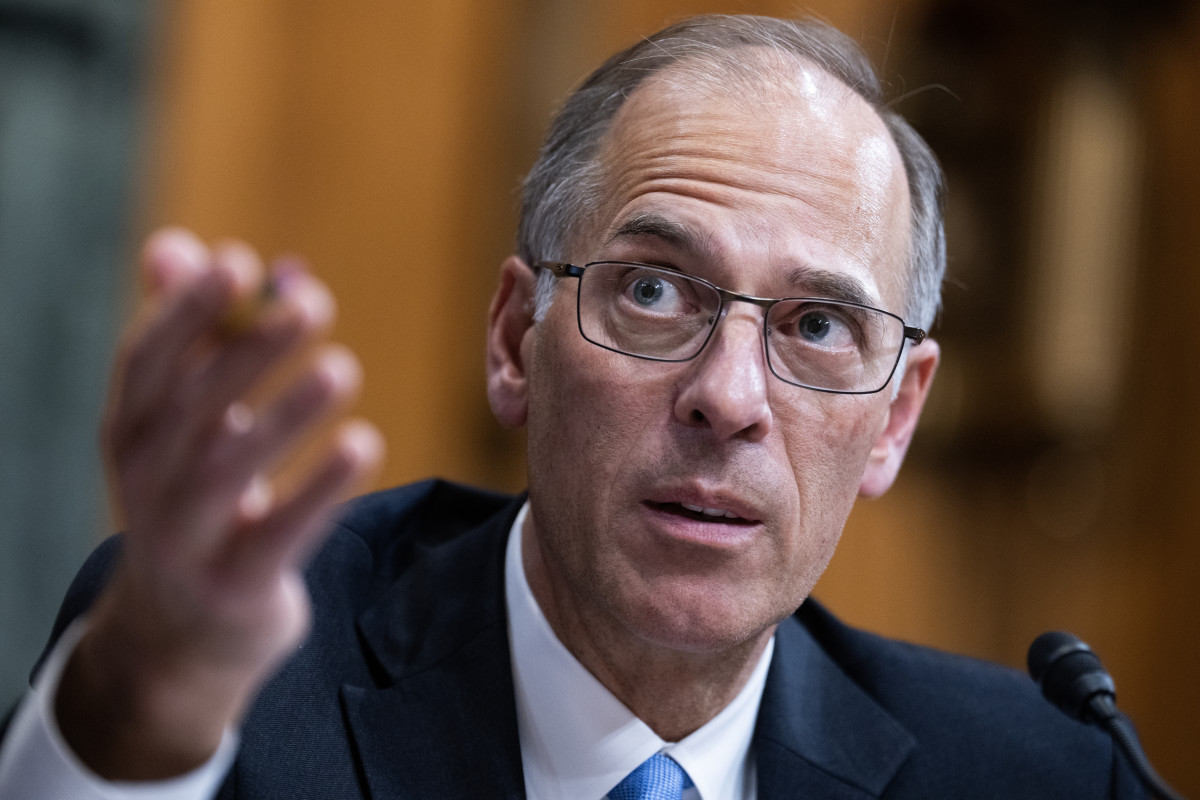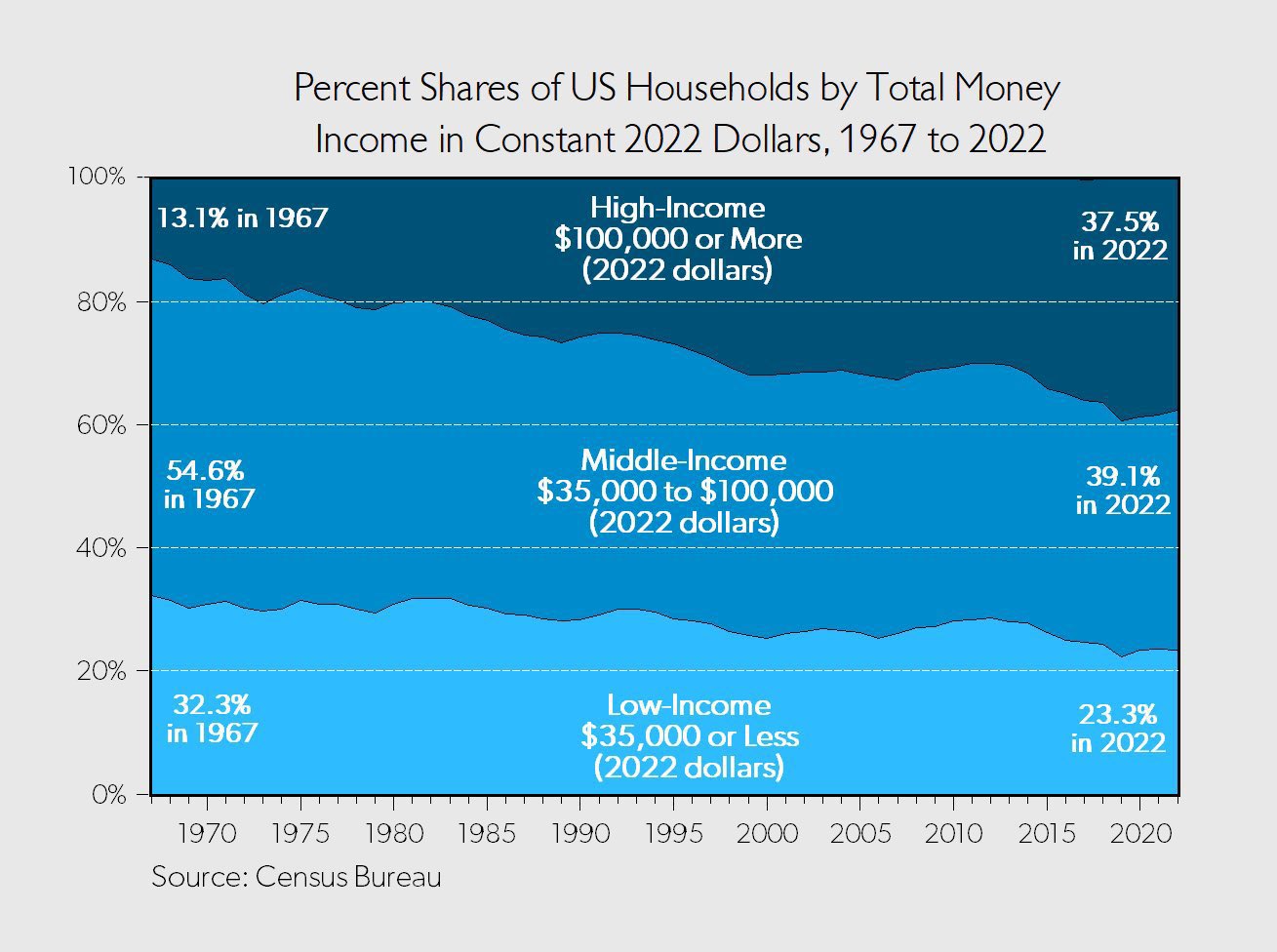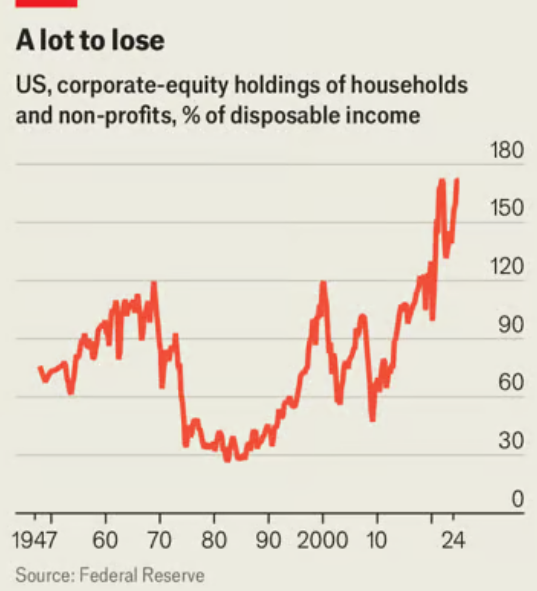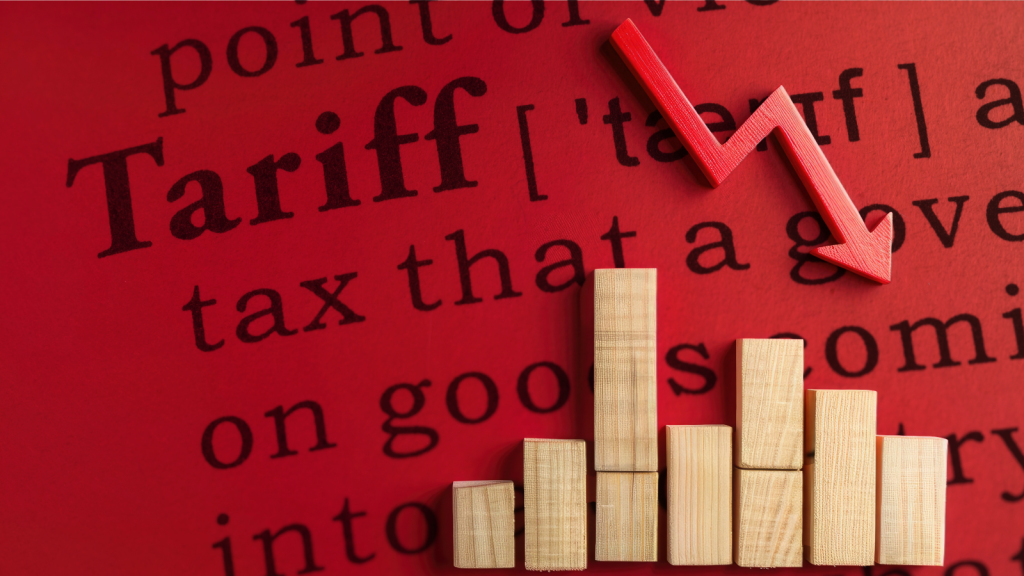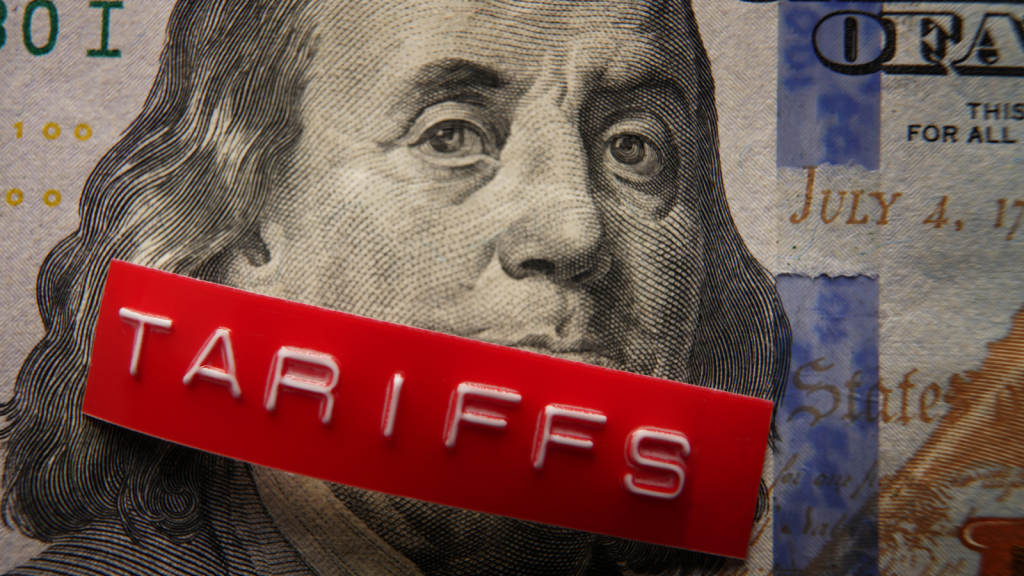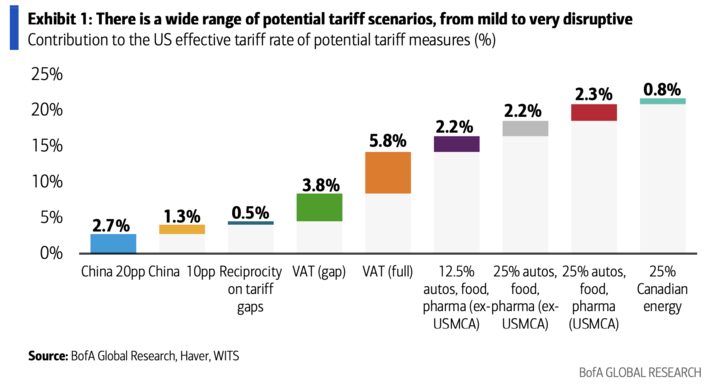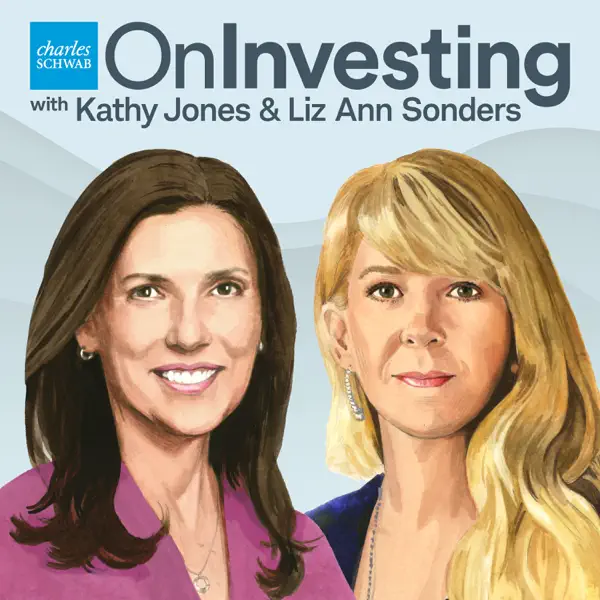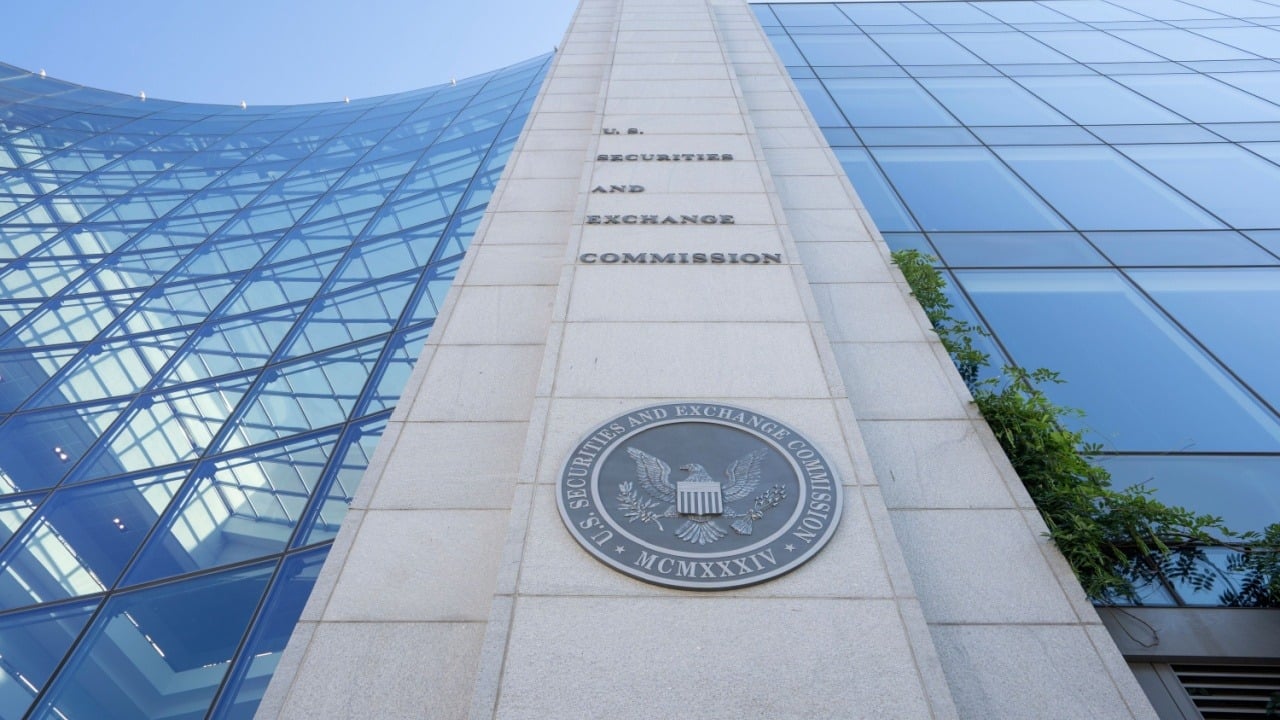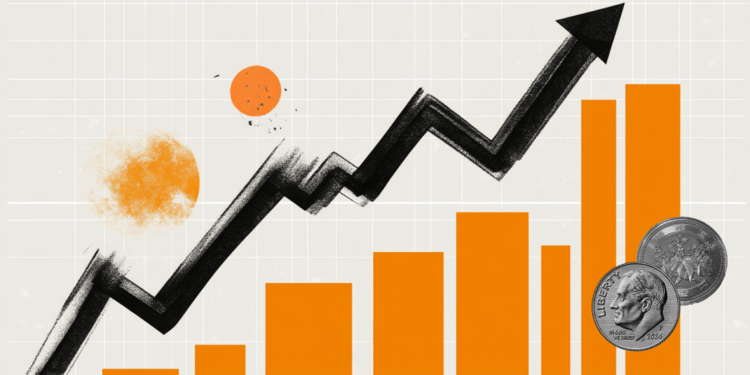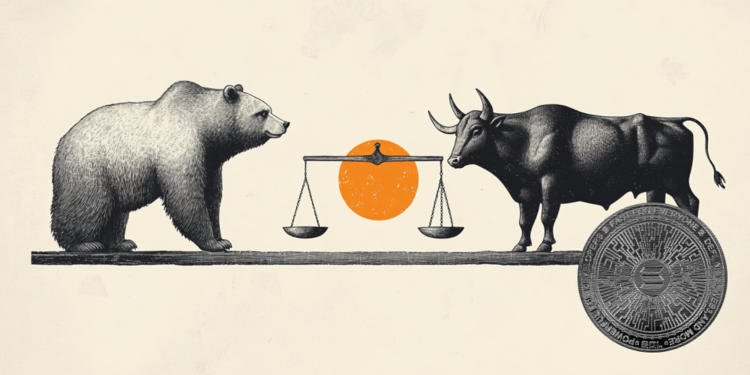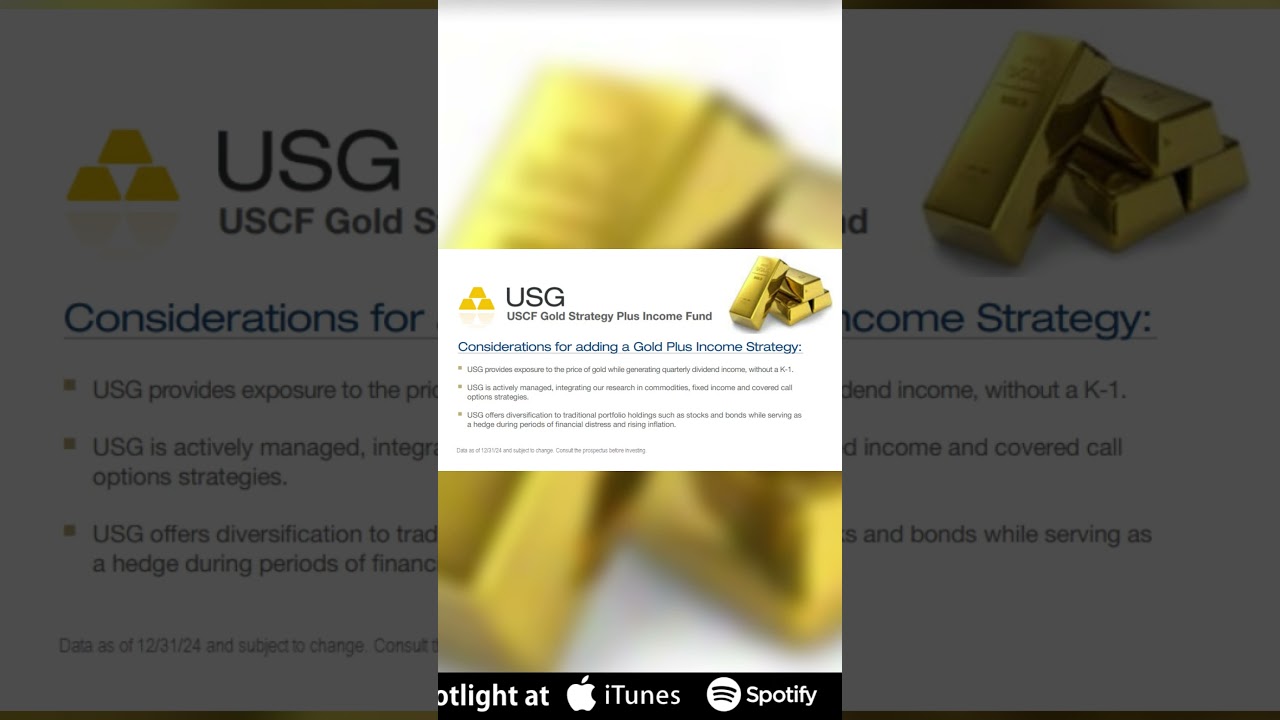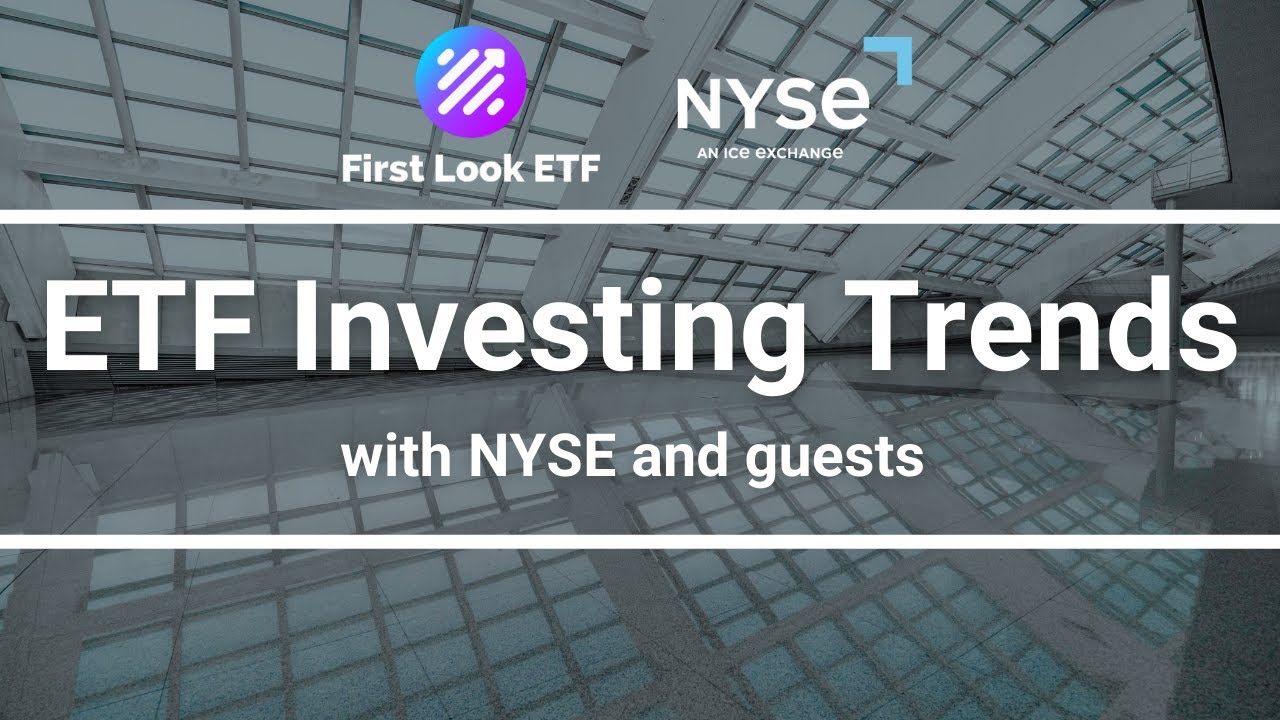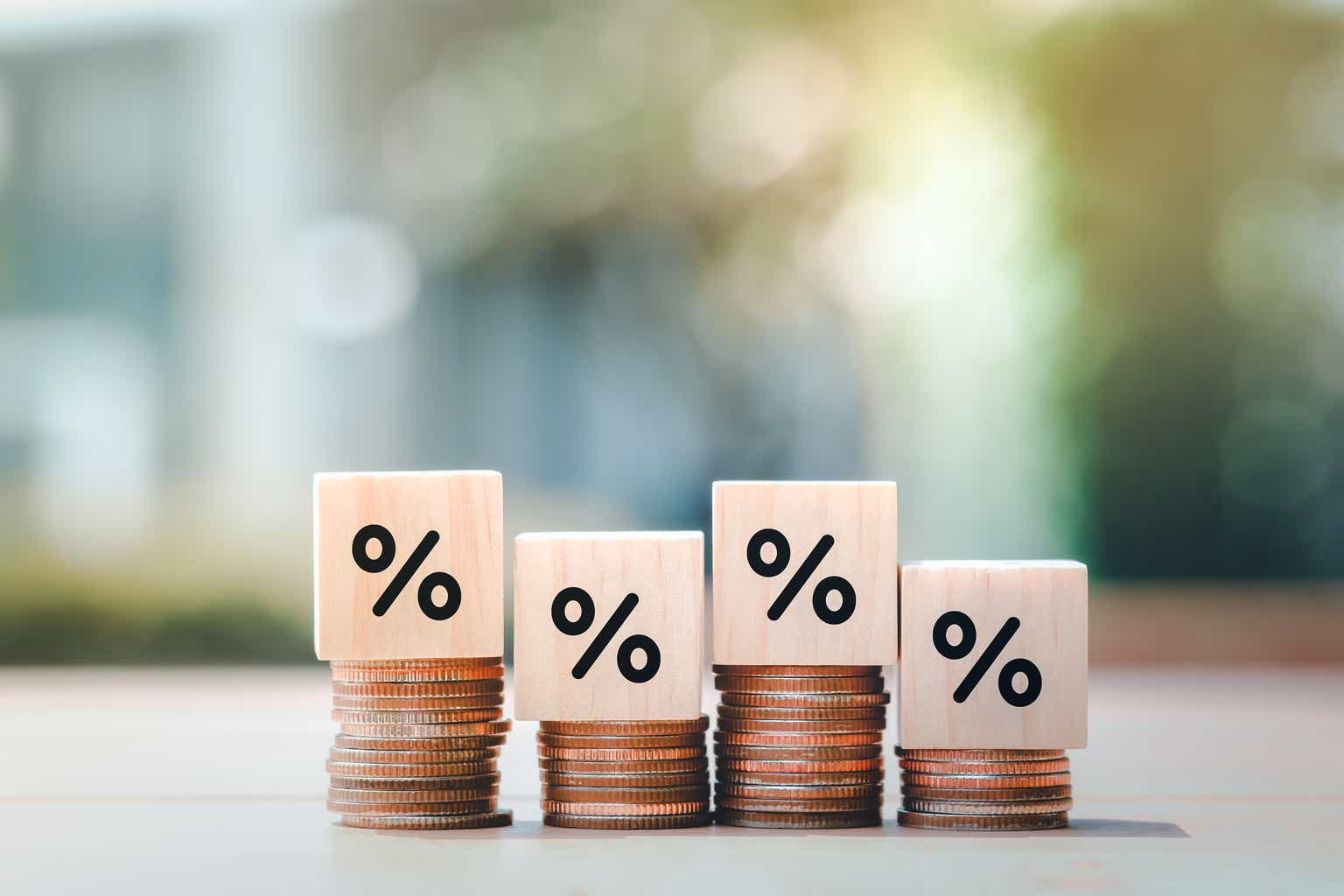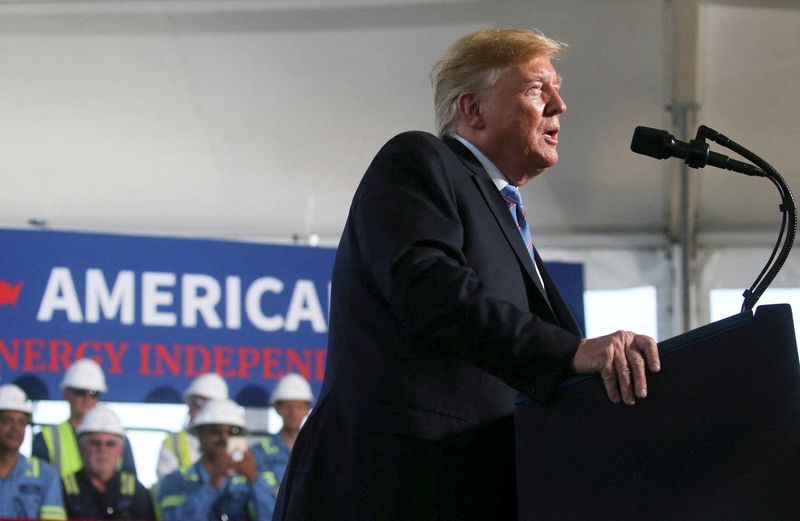Should Americans Still Be Investing in Stocks?
This 2025, the U.S. economy and stock market faced a shift, with weaker economic data fueling slowdown fears and underperformance against global peers. Volatility increased, signaling changing market drivers. Sentiment toward U.S. tech stocks, especially Nvidia, declined after Chinese AI startup DeepSeek built a ChatGPT competitor with fewer Nvidia chips than expected. There are two […] The post Should Americans Still Be Investing in Stocks? appeared first on 24/7 Wall St..

Key Points
-
Let’s dive into the key question on many investors’ minds as to whether this recent dip will turn out to be a buying opportunity over the next year.
-
Are you ahead, or behind on retirement? SmartAsset’s free tool can match you with a financial advisor in minutes to help you answer that today. Each advisor has been carefully vetted, and must act in your best interests. Don’t waste another minute; get started by clicking here here.(Sponsor)
This 2025, the U.S. economy and stock market faced a shift, with weaker economic data fueling slowdown fears and underperformance against global peers. Volatility increased, signaling changing market drivers. Sentiment toward U.S. tech stocks, especially Nvidia, declined after Chinese AI startup DeepSeek built a ChatGPT competitor with fewer Nvidia chips than expected.
There are two ways to react to consecutive 20% stock market gains: optimism or caution. Some investors jump in, expecting further growth, while others grow wary of rising valuations and excessive bullishness. As 2025 unfolds, the debate continues, with no certainty on the outcome—only probabilities to assess and key questions to consider.
The current bull market’s duration raises concerns but isn’t necessarily alarming. The long-term rally since 2009 nears historic post-war bull runs, while the shorter cycle, starting in October 2022, is approaching the 30-month average. Valuation matters more than duration, and while today’s market isn’t as overvalued as past bubbles, it remains in the top 10% historically.
Recession Risks Are Picking Up
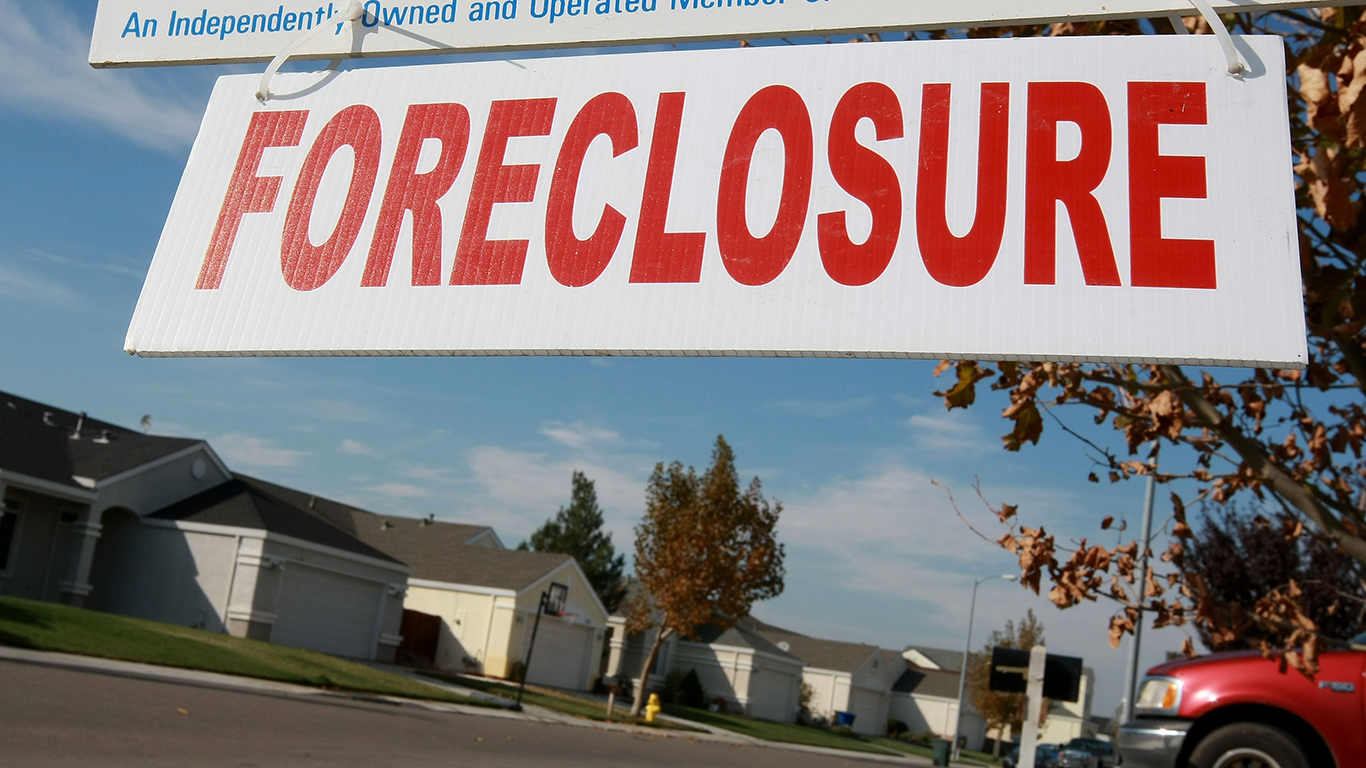
Investor confidence in U.S. tech stocks specifically continues to weaken, with trillions in value lost this year. Investors are broadly bearish on the way the economy is shaping up right now, with more investors focused on inflation and tariff-related concerns relative to the positive potential catalysts on the horizon in the form of tax breaks and lower regulation.
The market kicked off Trump’s second term by focusing mainly on the positives, with a bout of exuberance seen following Trump’s election victory. Many hoping tax breaks and deregulation could spur a wave of investment created a self-fulfilling cycle, with U.S. stocks continuing to outperform their global counterparts and the “U.S. exceptionalism” trade on full display.
However, since Inauguration Day, U.S. stocks have underperformed their counterparts in Europe, China and other global markets. Capital is beginning to rotate into markets with more certainty around policy, and greater stimulus (in part driven by Trump’s policies). This unexpected turn of events has caught many investors offsides, and has led to a surge in interest around bonds and other fixed income assets in lieu of equities.
We’ll have to see if this trend continues, or if some additional clarity around tariffs in the days and weeks to come calm the stock market in the U.S. But for now, there’s certainly plenty of reasons for American investors to sit tight and “T-Bill and chill.”
Plenty of Reasons to Be Fearful Right Now

There are currently plenty of reasons why many Americans are fearful of putting their capital to work in equity markets right now.
Aside from the aforementioned factors related to tariffs and policy uncertainty, there’s the high-powered “s-word” stagflation which has some investors spooked. Top investment banks, analysts, and economists are downgrading their expectations for U.S. growth in the coming quarters, in part due to the fact that one of the key factors that bleeds into GDP is exports. Aside from government spending (which is more likely than not to be down thanks to DOGE), net exports is a key factor that drives GDP. So, as more companies continue to try to get ahead of any additional tariffs by loading up on imports, the country’s net export number will get worse, driving these results.
Now, the question is whether this downturn in GDP growth is likely to be temporary. There’s a good case to be made that it will, as companies focus on increasingly making goods at home to sell into the domestic economy. And for now, the consumer remains strong.
However, with consumer confidence levels declining markedly, there’s worries that the inflation these tariffs could stoke may come at a time when the consumer is largely tapped out. If that’s the case and consumption growth slows materially in the coming quarters, we could indeed be headed toward a recession.
With Everyone So Fearful, Is Now the Time to Buy?

Of course, the saying goes that the best time to buy stocks is generally when no one else wants to. In other words, seeing through any sort of near-term pain and having a longer-term investing philosophy can yield great results. Those who bought stocks in 2009 or 2010 when the market was getting beaten down almost daily can attest today that they made the right choice, even if doing so amounted to gut-wrenching pain at the time as the value of their portfolio continued to decline.
Of course, the Great Recession which began in 2008 didn’t end up bottoming for a couple years, so again this entire question of whether now is a great time to buy stocks really comes down to one’s time horizon. For retirees who may need the money right now (or over the next few years) and do indeed expect a recession on the horizon, putting too much capital to work right now may not be a great idea.
But for those who still have a decade or two until they reach their golden years, it’s generally always a good time to be buying. And if you’re able to get a 10% discount (or so) on some of your favorite names, then that’s a deal worth considering.
The post Should Americans Still Be Investing in Stocks? appeared first on 24/7 Wall St..



















